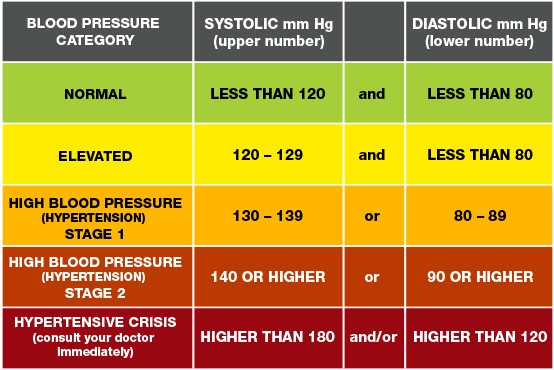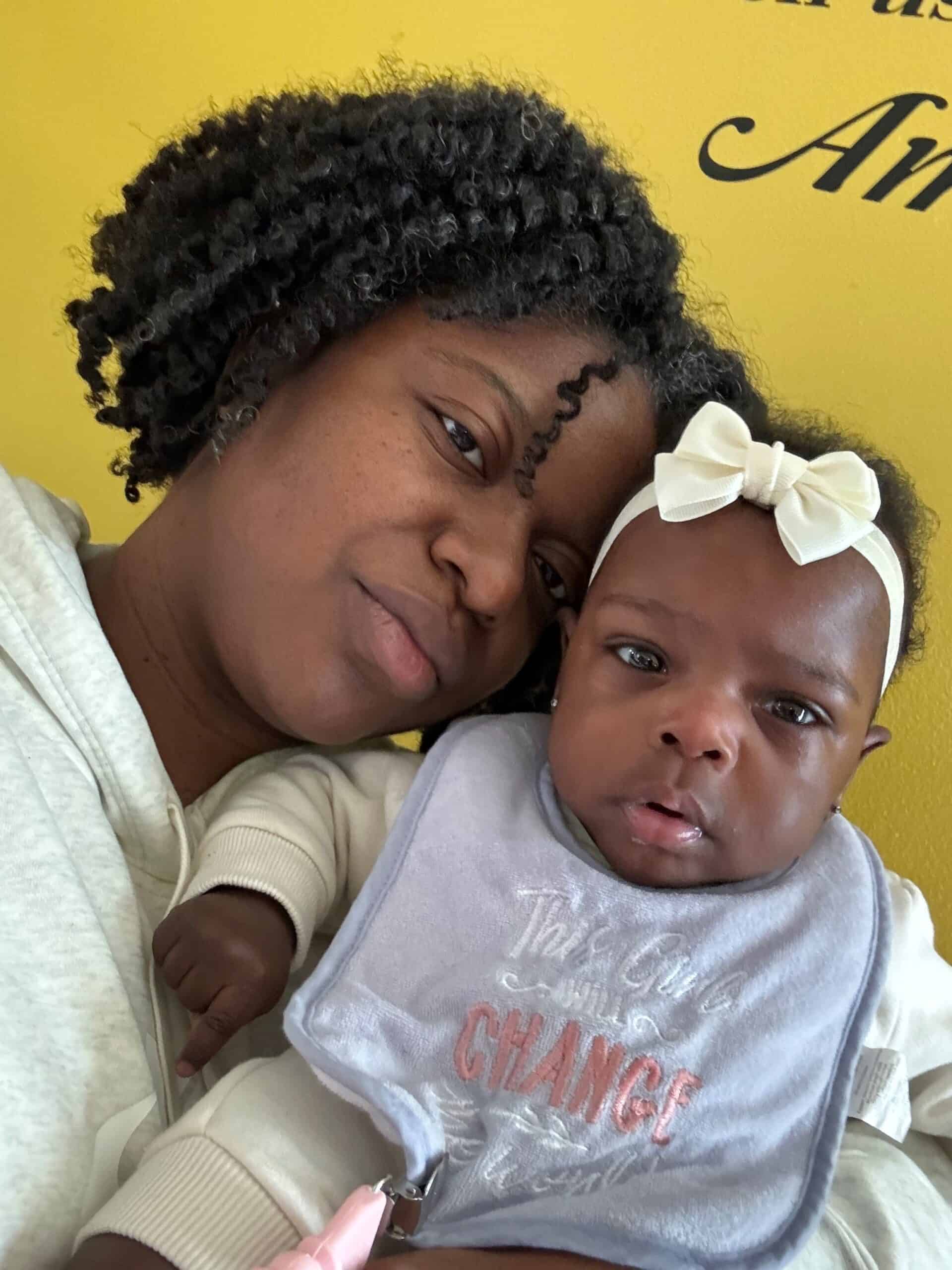By Lauren Segers/The American Heart Association (Photo of Zavious, TaShenma and Zalani Mack)
This week is Black Maternal Health Week. Therefore, the American Heart Association and Novant Health are raising awareness for Black women with their increased risk for high blood pressure, stroke, and developing complications during or immediately after pregnancy.
TaShenma Mack is a local mom with a story to share.
TaShenma, a 27-year-old healthcare patient advocate from Lexington, experienced adversities of her own as a maternity patient with pre-eclampsia. Recently, Mack graduated from Winston-Salem State University and shared that her pregnancy was scary as a first-time mom. Her pregnancy had been going well. Despite signs of weight gain in a short amount of time and getting winded easily, Mack assumed it was normal during pregnancy.
It was not until her 24-week OB/GYN appointment that Mack found out she had high blood pressure — called pre-eclampsia. She began to worry after the doctor sent her immediately to Novant Health Forsyth Medical Center’s obstetric emergency room. “I was really worried about what might happen next. I was worried about my baby’s health and mine,” shared TaShenma. On April 18th, Mack was admitted with severe pre-eclampsia and stayed in the hospital until delivery.
An Early Delivery to Save Mack’s Life
Pregnancies are considered full term from 39 to 40 weeks gestation. However, Mack’s condition meant she needed a C-section at 25 weeks and two days. Born nearly 15 weeks premature, baby girl Zalani weighed just 1 pound 2 ounces. Zalani spent 100 days in the neonatal intensive care unit, where she continued to grow and develop.
While Zalani was doing well, Mack was still battling pre-eclampsia, even after delivery. With no prior history of high blood pressure, she visited Melisa Tharpe, a nurse practitioner at Novant Health WomanCare. She told her that high blood pressure occurs more often in pregnancies. “It’s present in 8% to 10% of pregnancies,” Melisa shared. Tharpe introduced Mack to the free remote patient monitoring (RPM). This is her primary goal in mind when helping maternity patients avoid health complications. “Once they told me pre-eclampsia could stick around, I knew I had to be a part of the program. Life is different now; I want to be here for my baby,” Mack said.
For over two months, Mack was monitored as part of this Novant Health program. She was slowly able to come off her three medications as her blood pressure stabilized. The process with Novant Health changed how Mack approached her job as a patient advocate. She continues to share that she is more empathetic toward her patients.
Today, Mack and Zalani are both healthy and Zalani is now up to 16 pounds. “We are so blessed to be celebrating Zalani’s first birthday soon. High blood pressure has changed my way of eating and wanting a healthier lifestyle for my family and me,” said TaShenma.

Some stats everyone should know:
- Cardiovascular disease is the leading cause of maternal death in the U.S., or more simply put, heart disease is the No. 1 killer of new moms.
- According to the American Heart Association, Black women are two to three times more likely to die from pregnancy-related complications. Additionally, they are more likely to develop pregnancy-related heart problems than other women.
- Preeclampsia, a serious complication of pregnancy characterized by high blood pressure and kidney dysfunction, is 60% more common in Black women and is a risk factor for cardiovascular disease.

Maternal health is a national priority for the American Heart Association. As well as a local priority for the American Heart Association here in the Triad. For more information, visit www.heart.org/pregnancy.
This local mom’s story is powered by Novant Health. In 2023, Novant Health launched a three-tiered strategy to improve maternal and infant health outcomes. With a concentrated focus on access to prenatal care, addressing social determinants of health and mitigating bias, Novant Health is working to address the disparities of care for women and infants in our community.
Cardiovascular conditions are the leading cause of pregnancy-related death among women overall, highlighting the importance of care for and management of chronic conditions on pregnancy-related outcomes. It is important to discuss medical risks such as blood pressure, family health history, and signs of heart disease with a healthcare care provider before pregnancy. If there are symptoms of severe nausea, chest pain, severe headaches, or extreme weakness, identify the warning signs early on and seek medical attention right away. For more maternity tips, visit www.novanthealth.org/maternity.

Facebook: Facebook @AHANorthCarolina
Instagram: American Heart NC (@americanheartnc) @AmericanHeartNC
Website: North Carolina | American Heart Association
*Sponsored by the American Heart Association of the Triad














